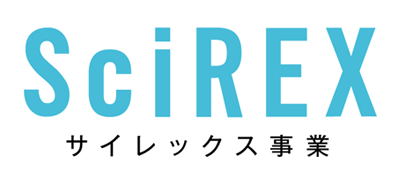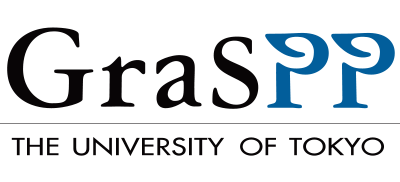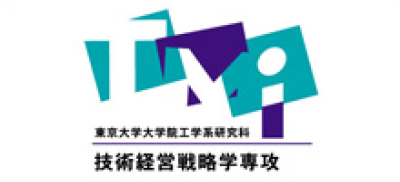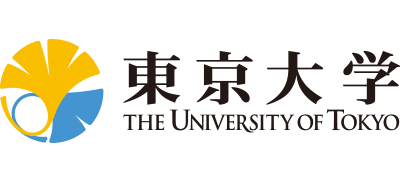NEOPS-A04-2 3rd International Symposium/The 32nd STIG PoP Seminar
“Role of Scientific Experts in Climate Change Impacts on Fisheries”
A talk by an IPCC-AR5 lead author
【Purpose of the symposium】
Although climate change has long been recognized as a major challenge of the coming decades particularly among scientific experts, policy interventions for mitigating greenhouse gas emissions and adapting to the forthcoming changes have long been stagnated in political arenas. Fisheries are an area of human activities on which climate change impacts are likely to be enormous. In the face of such challenges, what is the “appropriate” function of scientific experts in political decision-making? In this symposium, we will invite a renowned scientific expert from the UBC Fisheries Center in order to explore the role of scientific experts in the societal deliberation about the future of fisheries.
The lecture shall be conducted in English.
Date: April 15th, 2015. 13:00 – 15:00
Venue:University of Tokyo, Ito International Research Center, Seminar Room
Language: English
Open to All, Upon registration
※We will stop accepting applications once all the places are taken.
【Program】
13:00 – 13:15 Introduction to the A04-2 project by Prof. Matsuura
13:15 – 14:00 Keynote lecture:
by Professor William Cheung
Associate Professor, University of British Columbia, Fisheries Centre
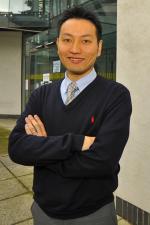
14:00 – 14:30 Personal observation on climate change science and advocacy
by Dr. Seita Emori
Head, Climate Risk Assessment Section, National Inst. for Environmental Studies
14:30 – 15:00 Q&A, Discussion
NEOPS-A04-2 is a part of the NEOPS research consortium, which attempts to 1) develop the new ocean Areas and explore its material cycles and ecosystems; 2) evaluate the function and value of each Area as a kind of commons that provide benefits for the mankind; and 3) explore legal and economic systems for international consensus-based governance for the sustainable use of ocean. The A04-2 group explores the frontiers of facilitating meaningful interaction between scientific research and maritime governance. Robust maritime governance would involve a wide range of stakeholders who draw on scientific evidence without being dominated by scientific expertise. We are currently exploring actual cases of international governance as well as literature on science, technology, and society.
【Contact & Inquiries】
Office for Science, Technology, and Innovation Governance(STIG) Education Program
STIG@pp.u-tokyo.ac.jp
